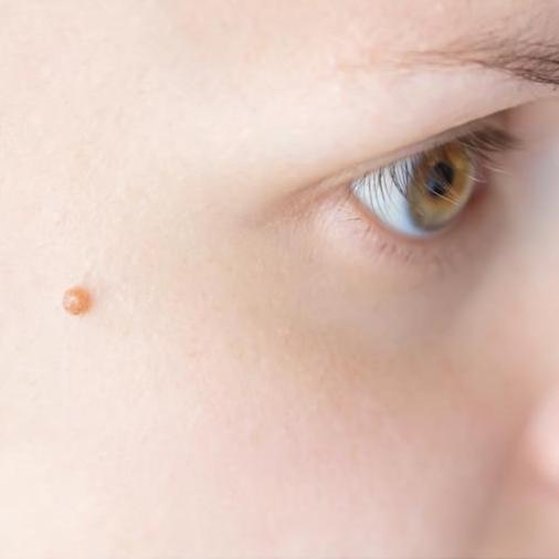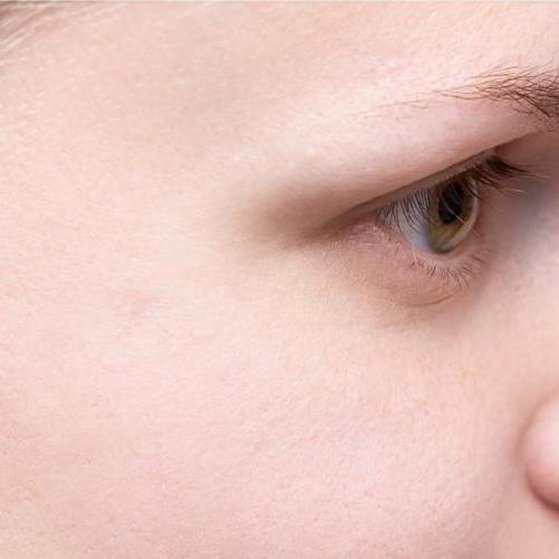Treatments
Treatments | Wart and Verruca Removal
Warts can be a common problem in men and women of all ages, and verruca is the name given to a wart on the sole of the foot. Warts are not dangerous but can often be in visible places on the body and can create a lack of self-confidence or embarrassment. The treatment for warts and verrucae (the word for more than one verruca) is quick, simple, and effective in restoring clear healthy skin and confidence.
What is the treatment process?
After a consultation and assessment, the best treatment option will be confirmed by your doctor. Whichever treatment method is used, the procedure usually only takes a few minutes. An anaesthetic may be applied before removal but isn’t always necessary, as there is minimal discomfort during the treatment. The healthy skin surrounding the wart or verruca will not be damaged.
What is the best method to remove a wart or verruca?
There are two options offered at the Skin Investment Clinic:
Excision removal – the wart or verruca is carefully cut out using a surgical scalpel and is removed immediately.
Cryotherapy – this method involves using liquid nitrogen to freeze off the wart or verruca and causes the cells to die so it naturally falls off after a few weeks.
Treatment Cost
from £200.00
What are warts and verrucae?
Warts are small lumps on the surface of the skin. They usually occur on the fingers, knuckles, and palms and feel firm to the touch. Verrucae occur on the sole of the foot or toes. They are under the skin and usually have distinctive tiny black dots that are blood vessels. Warts do not cause pain, but they could be itchy. A verruca could cause some pain and feel like standing on a needle. Occasionally they may go away on their own, but this can take months or even years, so it is best to seek the advice of a medical practitioner.
What causes warts and verrucae?
Warts are caused by different strains of the human papillomavirus (HPV). They can easily spread through skin-to-skin contact and be passed on through indirect contacts such as towels, shoes, and floors. They are more likely to spread if the skin is wet or damaged, hence why infection can be linked to swimming pools and communal showers. Also, if you scratch a wart or verruca, the viral particles can spread to other areas of your skin.
Are Warts Contagious?
Yes, warts are contagious and can spread through contact to other areas of your face or body, as well as to others. After you have become infected, it can take weeks or months for a wart to go.
Does Wart removal leave a scar?
Treatments should not leave a scar, but it may take several weeks or months for the area to return to normal.
Does wart and verruca treatment hurt?
The level of comfort depends on the removal technique recommended. For excision removal and cryotherapy, the area will be numbed with a local anaesthetic. After treatment, the skin left behind may be tender for a few days and will need to be covered. It is also best to use a strong sunscreen on the area for six months as it will be sensitive to sunlight.
How many treatments will I need?
Your doctor will assess the size and location of the wart or verruca and advise you accordingly. Previously untreated or uncomplicated warts may be resolved in one treatment. In other cases, further treatments may be needed to ensure optimum results. Where more than one session is required, a treatment is carried out every four weeks.
Will the Wart or verruca ever come back?
The same wart or verruca will not grow back. Although if the virus that caused the wart or verruca is still active in your body, there is a possibility that new warts or verrucae may grow.
Will a wart or verruca heal on their own?
In some cases, yes, but this could take months or years. In children, they are more likely to heal on their own, but in adults and people with a weakened immune system, this is much less likely.
Where on my body can I have a wart or verruca removed?
You can have a wart or verruca removed from anywhere on your body. Our doctor has years of removing from faces and sensitive and hard-to-reach places. We will choose the right removal method according to the area to be treated, to achieve the best possible results.
When should I seek the advice of a doctor?
You should seek the advice of a medical practitioner if you are worried that the wart or verruca is growing, keeps coming back, is painful, bleeding, or has changed shape. Also, if you have a wart on your face or genital area, you should seek medical advice as soon as possible.
Are there any side effects?
Some increased pigmentation in the skin may appear around the affected area, particularly for those with darker skin, although this is minimal and will disappear over time.
Can you walk after your verruca removal?
Yes, you should be able to go back to your normal daily activities. If this is not the case, your doctor will discuss this with you in your initial consultation.
Do home treatments work?
There are various topical treatments you can see at home which are cheaper but less effective. Some may prove ineffective as warts become resistant and continually return.
What can I do to avoid warts and verrucae in the future?
You should wear comfortable shoes and make sure you don’t share shoes or socks with others, keep your feet clean and dry, and change your socks daily. When your wart or verruca has been removed, make sure you don’t use the same nail file, pumice stone, or nail clippers.
What happens after a wart or verruca removal treatment?
Immediately after treatment, the skin treated may be pink and tender for a few days. In some cases, there may also be some blistering and you might need to keep it covered. Once the area has healed you might notice some darkening of the skin where the wart or verruca used to be. This is temporary and the skin will go back to normal. Once the wart or verruca has been successfully treated, it will naturally dry up and fall off just as any other dead skin would.
How will I feel during warts and verrucae removal?
Although you may feel some mild discomfort, some patients with sensitive skin benefit from the use of anaesthetic cream to numb the area during treatment.
Is wart and verruca removal expensive?
Your doctor will assess the number of warts and verrucae to be treated during your consultation and advise the cost.
What are the black bits in a verruca?
The black or red-brown dots that are sometimes visible are smothered capillaries which are tiny blood vessels under the skin. The wart virus causes layers of skin to grow, so the capillaries die, hence the black dots.
Treatment cost
starts from £200.00
 Before
Before After
After